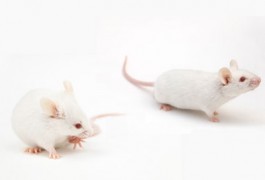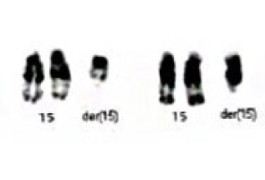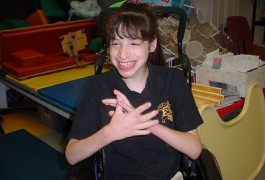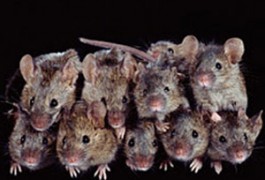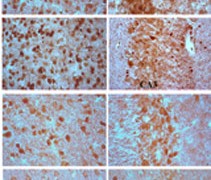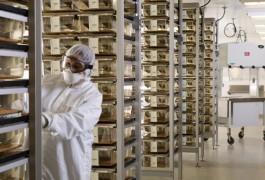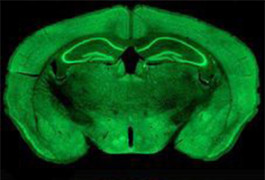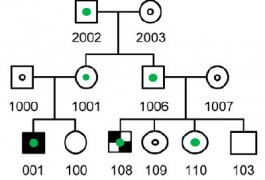Molecular mechanisms: Angelman region affects serotonin
Mice that model Angelman syndrome or have a duplication of the 15q11-13 chromosomal region have aberrant brain levels of the chemical messenger serotonin, according to a study published 16 August in PLoS One.
